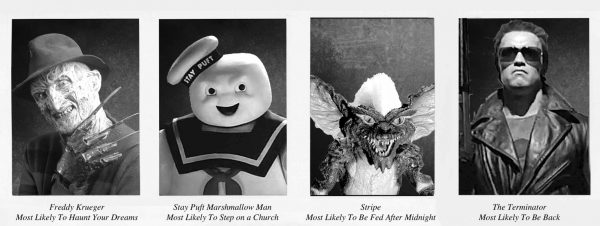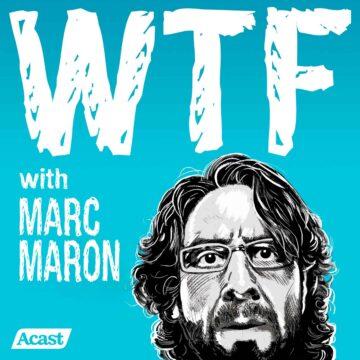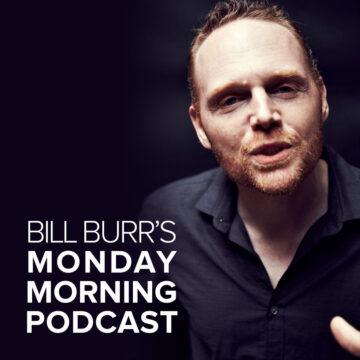This year marks the 40th anniversary of a lot of landmarks in pop culture, especially sci-fi and fantasy. So many franchises were born in 1984. Some came to define the genre or invent new genres. The great podcast Imaginary Worlds noticed this and produced a three-part series about 1984’s Cambrian explosion of creativity that landed on the big screen, the small screen, bookstore shelves and, of course, the toy store.
In this episode we learn about at two iconic franchises that launched in 1984: Transformers and Teenage Mutant Ninja Turtles. They came from opposite ends of the business spectrum. Transformers was a top-down marketing synergy between American and Japanese toy companies along with Marvel Comics to compete against He-Man — another TV toy behemoth. Teenage Mutant Ninja Turtle would eventually rival them in cultural dominance, but it began with two indie comic book creators making a black and white comic as a lark. But Turtles and Transformers both ended up wrestling with similar questions around what happens when you put the cart before the horse in creating content to sell products.
Documentary filmmaker Isaac Elliot-Fisher and Cartoon Art Museum curator Andrew Farago talk about the incredible rags to riches story of the Turtles creators, and how success changed them. And host Eric Molinsky talks with Bob Budiansky, who created many of the original Transformers characters for Hasbro and Marvel Comics.
More about the show (which you should definitely check out!) below:
 Imaginary Worlds sounds like what would happen if NPR went to ComicCon and decided that’s all they ever wanted to cover. The host Eric Molinsky spent over a decade working as a public radio reporter and producer, and he uses those skills to create a sound-rich podcast about science fiction, fantasy, and other genres of speculative fiction.
Imaginary Worlds sounds like what would happen if NPR went to ComicCon and decided that’s all they ever wanted to cover. The host Eric Molinsky spent over a decade working as a public radio reporter and producer, and he uses those skills to create a sound-rich podcast about science fiction, fantasy, and other genres of speculative fiction.
Eric talks with comic book artists, game designers, novelists, screenwriters, filmmakers, and fans about how they craft their worlds, why we suspend our disbelief, and what happens if the spell is broken. Imaginary worlds may be set on distant planets or parallel dimensions, but they are crafted here on Earth and they’re always about us and our lived experiences. The show’s assistant producer is Stephanie Billman.










